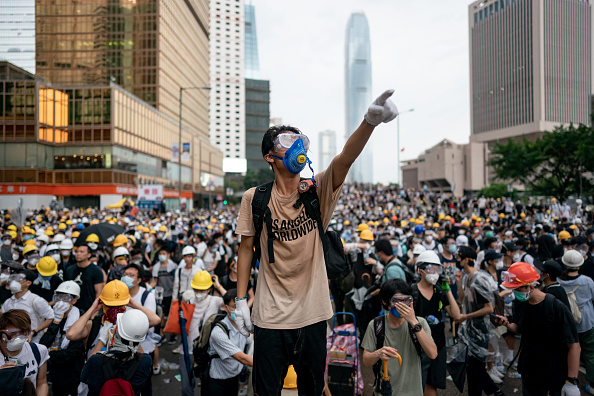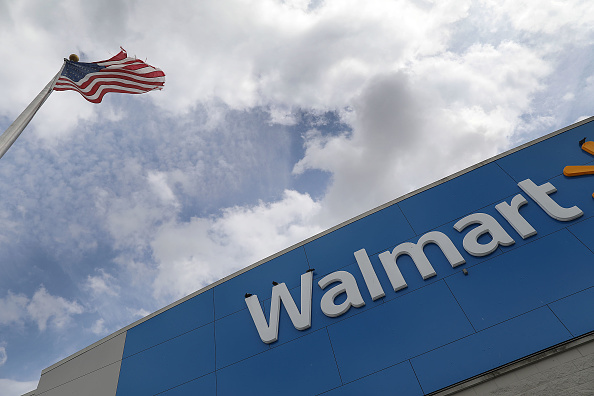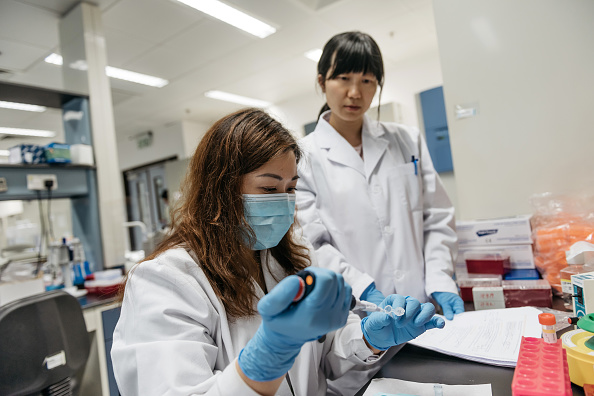
 Battle for Hong Kong
Battle for Hong KongHong Kong sits on edge after massive protests erupted over a controversial extradition bill that would allow fugitives to be handed over to China. Thousands of protesters took to the streets in what the Hong Kong police termed a "riot." While Hong Kong police estimated around 240,000 protestors on the streets on Sunday, Civil Human Rights Front, the group that organized the protests, said over a million people were in attendance. Around 5,000 police officers fired tear gas, pepper spray, rubber bullets, and bean bags at the crowds, sparking a violent backlash in what has become the biggest protest in Hong Kong since the Umbrella Movement in 2014.
Carrie Lam, Hong Kong's chief executive, has defended the bill and urged the public to restore order. In his latest article for China-US Focus, Phil Cunningham echoes many critics that Lam "has proved scheming and unyielding to the point that her reputation is in tatters." Other lawmakers have called for delaying the bill, signaling discord within the Legislative Council.
Hong Kong still ranks as one of the world's least regulated economies, although in recent years concern has mounted over Beijing's rising political influence and sway. Hong Kong democracy advocates are unnerved by what they view as rising interference from China to restrict civil liberties, despite China's promise to guarantee "one country, two systems" after the handover occurred two decades ago.
While President Trump took a hands-off approach in his response to the protests, telling reporters that he "hopes things work out" between Beijing and Hong Kong, other US legislators including Marco Rubio and Nancy Pelosi took a harsher tone, reintroducing a bill in Congress in support of Hong Kong's autonomy and threatening to cut off its trade privileges.
 Big Business Weighs In
Big Business Weighs In600 of America's biggest companies, including Walmart and Target, have sent a letter to President Trump urging him to end the protracted trade war with China.
"We remain concerned about the escalation of tit-for-tat tariffs," the letter said. "Broadly applied tariffs are not an effective tool to change China's unfair trade practices. Tariffs are taxes paid directly by U.S. companies ... not China."
The ongoing trade dispute is fundamentally reshaping the global economy and supply chains. Higher numbers of American businesses are moving their operations out of China, and into competitive economies such as Vietnam to avoid tariffs. Alphabet Inc.'s Google is just the latest to move some of its production out of China.
All eyes are on the G20 meetings on June 28-29, where Trump and Xi will have the opportunity to move the trade dialogue forward. But corporate sentiment remains skeptical, and the global trade landscape is likely to permanently shift.
 Collateral Damage
Collateral DamageCancer research seems to be the latest victim caught in the US-China trade war. A Bloomberg report this week follows the professional path of Xifeng Wu, an award-winning cancer researcher, naturalized US citizen, and director of the University of Texas MD Anderson Cancer Center- until she stepped down recently after a 3-month long National Institutes of Health investigation.
The NIH investigation accuses Wu of advising cancer centers in China with US-backed research, effectively linking her to the ongoing debate over Chinese intellectual property theft. Such research is "pre-patented material," says Lawrence Tabak, principal deputy director of the NIH, and "is the antecedent to creating intellectual property. In essence, what you're doing is stealing other people's ideas."
While Chinese theft of US innovation is expensive- currently estimated at $50 billion per year- basic cancer research is taking a hit from the Trump Administration's increased efforts to combat IP theft. According to Bloomberg, Wu's case is part of a larger ongoing effort by the NIH and the FBI targeting ethnic Chinese scientists, including U.S. citizens, searching for a cancer cure.
Currently, 10 million people a year die from cancer, with China reporting around 4.3 million new cases each year. Scientists like Adam Kuspa, dean of research at Baylor College of Medicine in Houston, says that cancer research benefits when it is globalized. "If someone in another country has a piece of the puzzle, they want to work with them." Instead, scientists like Xifeng Wu are leaving the United States for full-time positions in China. For now, the effects of the unresolved US-China trade dispute seem to be here to stay.
Prepared by China-US Focus editorial teams in Hong Kong and New York, this weekly newsletter offers you snap shots of latest trends and developments emerging from China every week, while adding a dose of historical perspective.
- 2019-06-07 Panda Diplomacy
- 2019-05-31 Trade Diversions
- 2019-05-25 Farm Aid or Band Aid?
- 2019-05-17 Risky Business
- 2019-05-10 Two Steps Forward, Two Steps Back
- 2019-05-03 The Final Laps?
- 2019-04-26 The Great Turbine Caper?
- 2019-04-19 Sowing Seeds of Tension
- 2019-04-12 Slow or Steady?
- 2019-04-05 The Last Mile is The Hardest
- 2019-03-29 From Negotiation to (Smart) Competition
- 2019-03-23 Xi Hits the Road
- 2019-03-16 Proceeding With Caution
- 2019-03-08 Reading the Tea Leaves
- 2019-03-01 The Art of No Deal
- 2019-02-23 The Devil is in the Details
- 2019-02-16 Trade Talks, Round 3: Waiting for Trump-Xi?
- 2019-02-08 Welcoming the Pig
- 2019-02-02 The Final Countdown: One Month Until Trade Talks Deadline
- 2019-01-26 How Slow Will it Go?